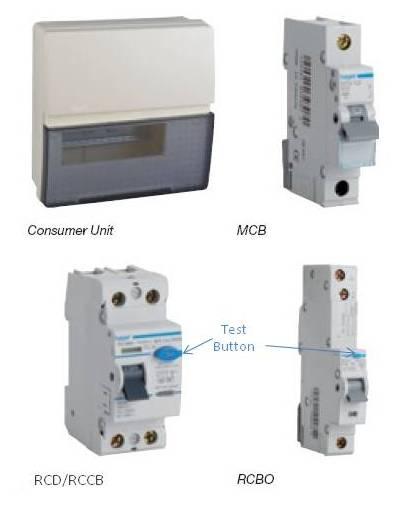Hello Guys,
im new to form, so apolergise now for jumping straight into posting a topic. I have found lots of info on domestic wiring, but hoping someone can help with my commercial workshop.
I have 10 double sockets running on 4.0mm T+E in a radial circuit.
They go into a 32A MCB.
Sockets often used for running Angle Grinders, Welders, and Compressor which are high wattage.
Every now and then when running a few tools the main 100A MCB will trip, but the 32A MCB never goes out. Is the right MCB being used, or does the circuit need upgrading to cope with the power im using?
Thanks in advance.
im new to form, so apolergise now for jumping straight into posting a topic. I have found lots of info on domestic wiring, but hoping someone can help with my commercial workshop.
I have 10 double sockets running on 4.0mm T+E in a radial circuit.
They go into a 32A MCB.
Sockets often used for running Angle Grinders, Welders, and Compressor which are high wattage.
Every now and then when running a few tools the main 100A MCB will trip, but the 32A MCB never goes out. Is the right MCB being used, or does the circuit need upgrading to cope with the power im using?
Thanks in advance.


